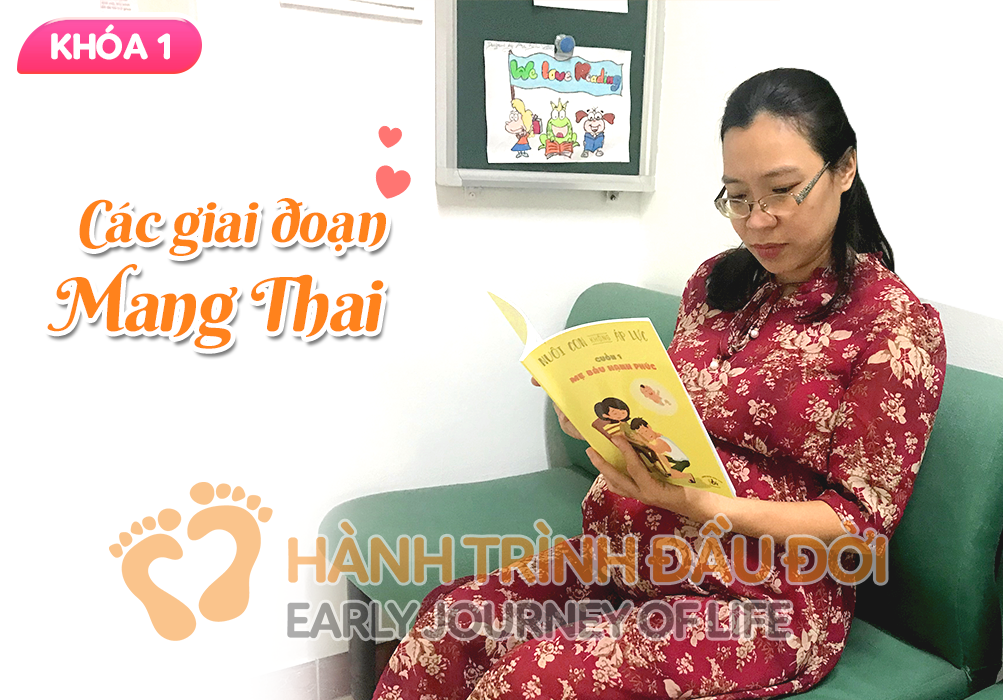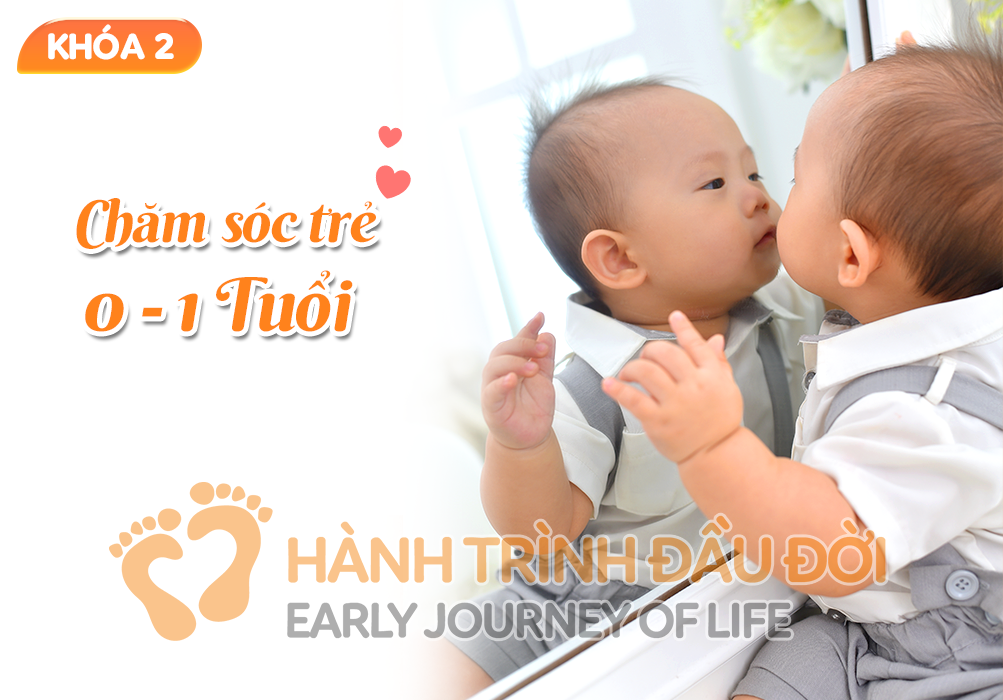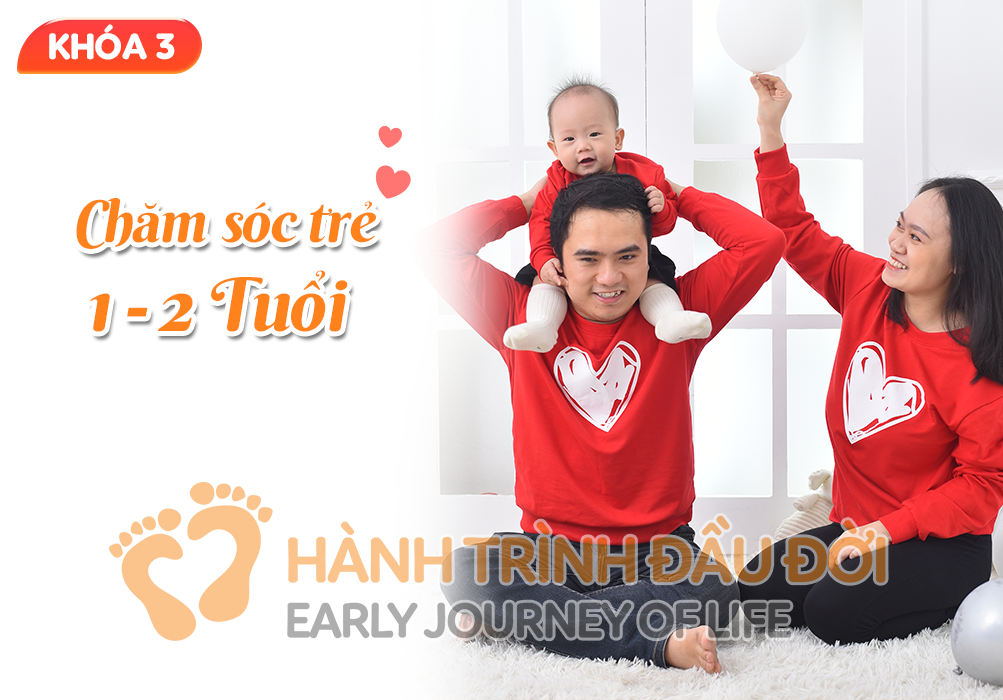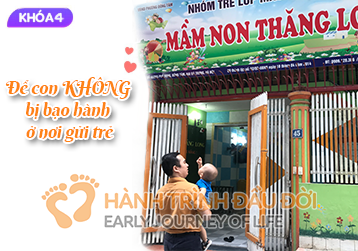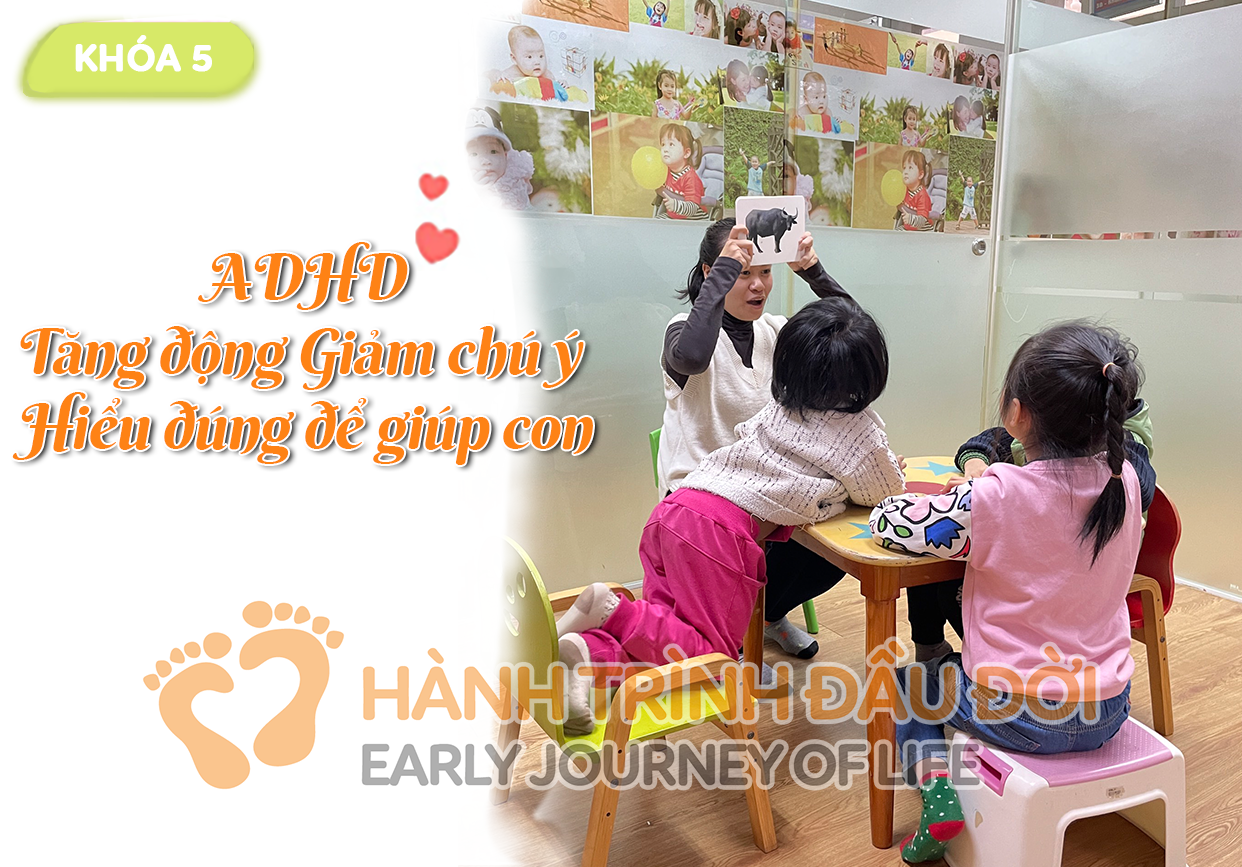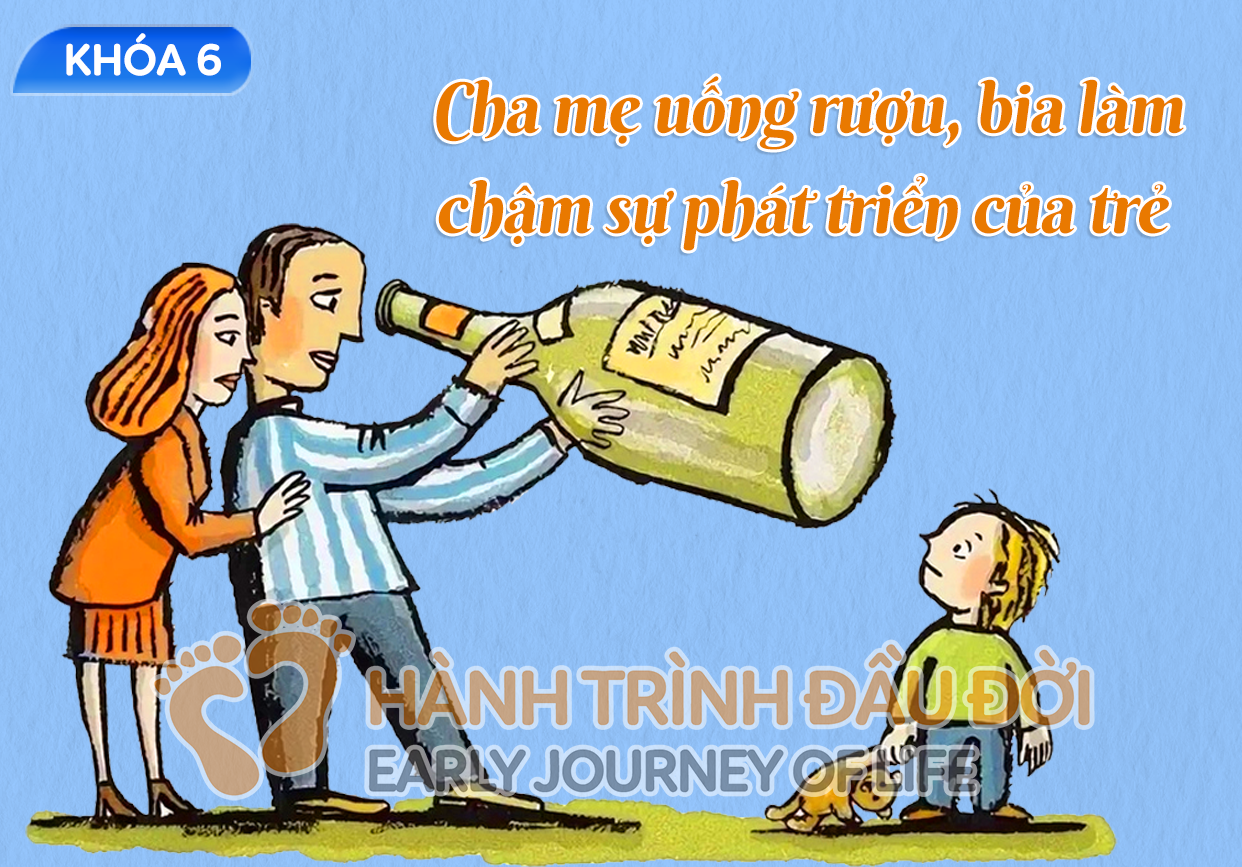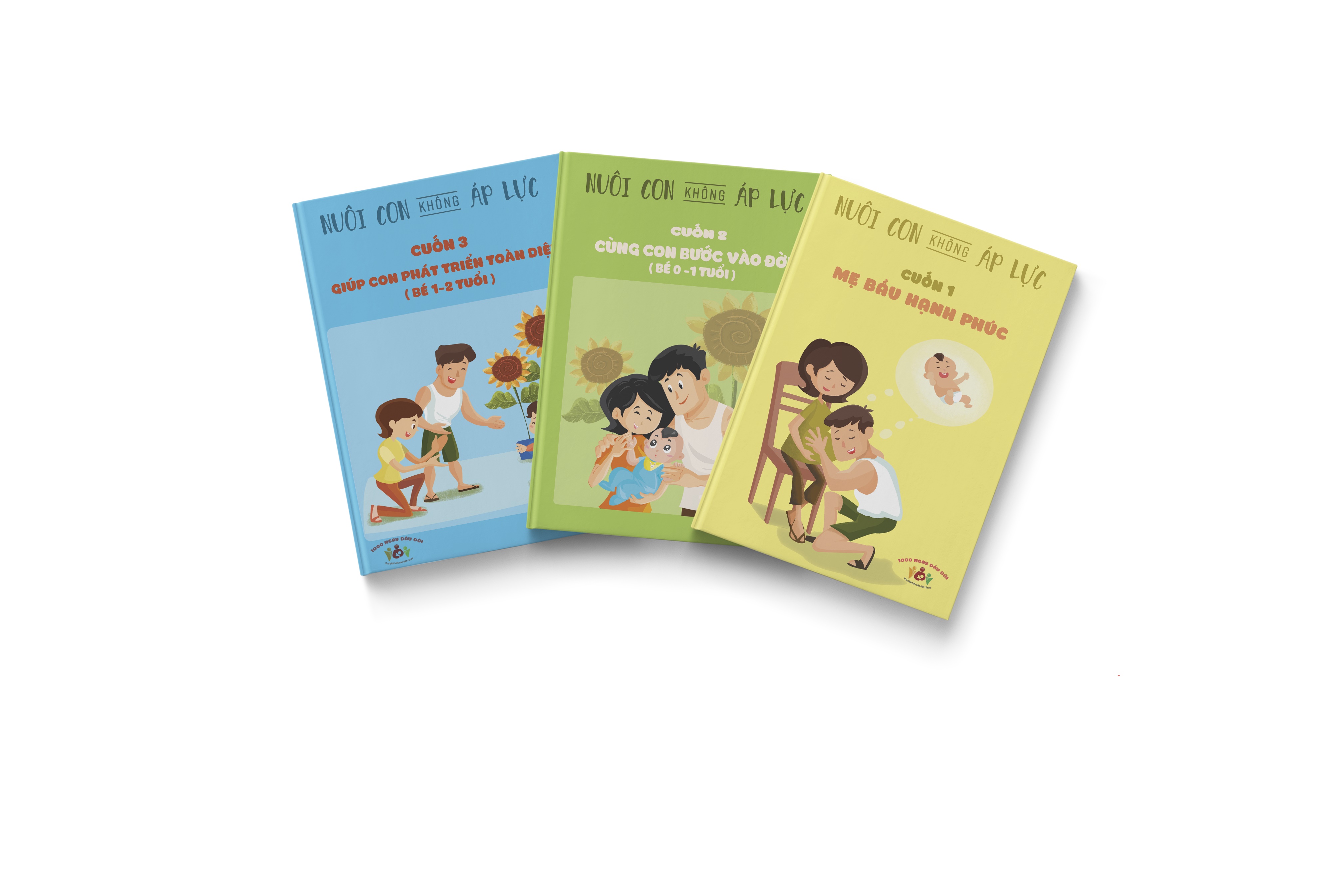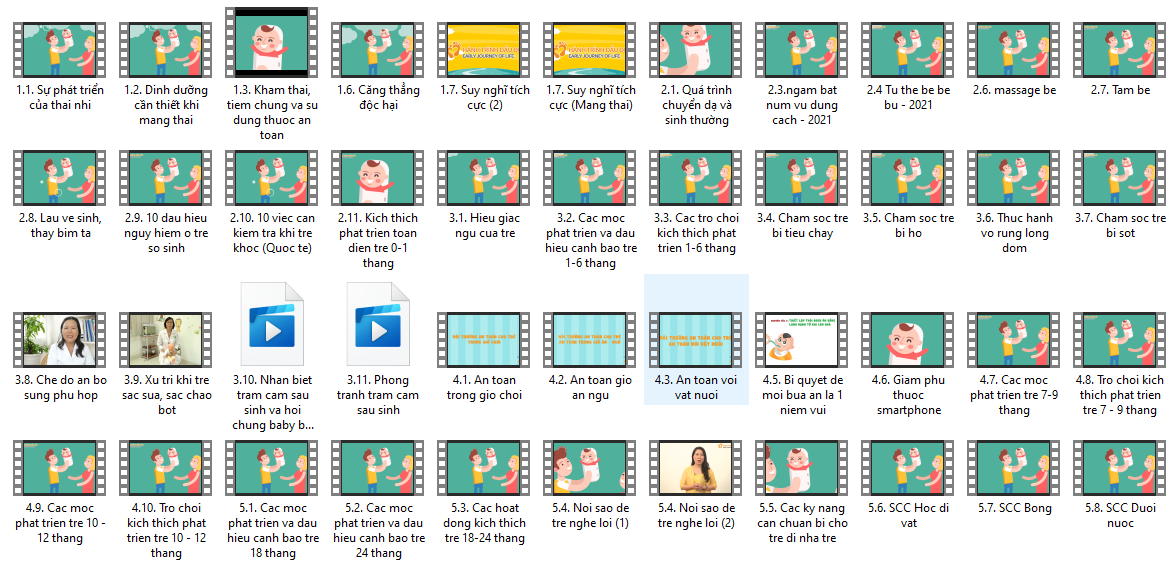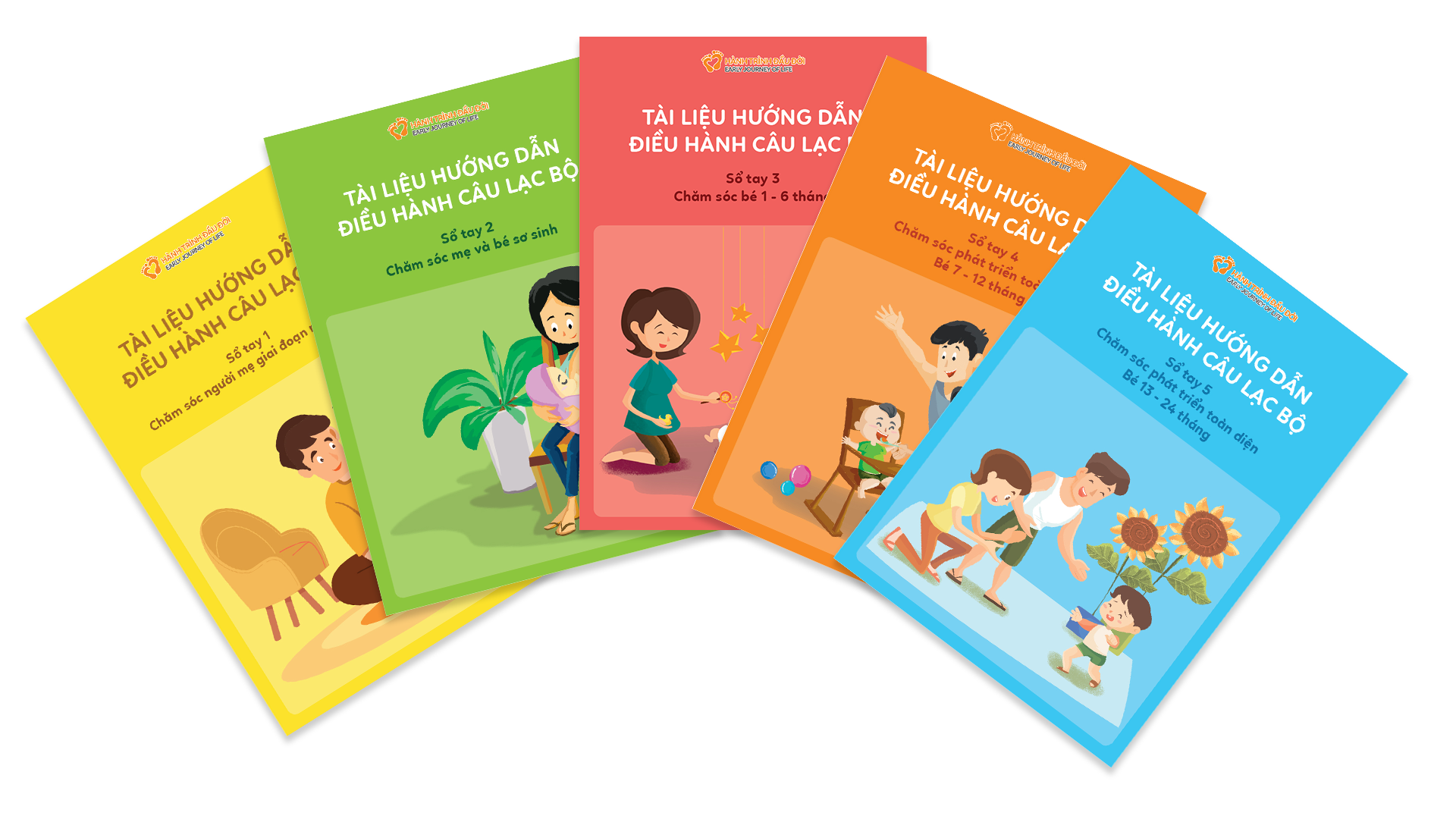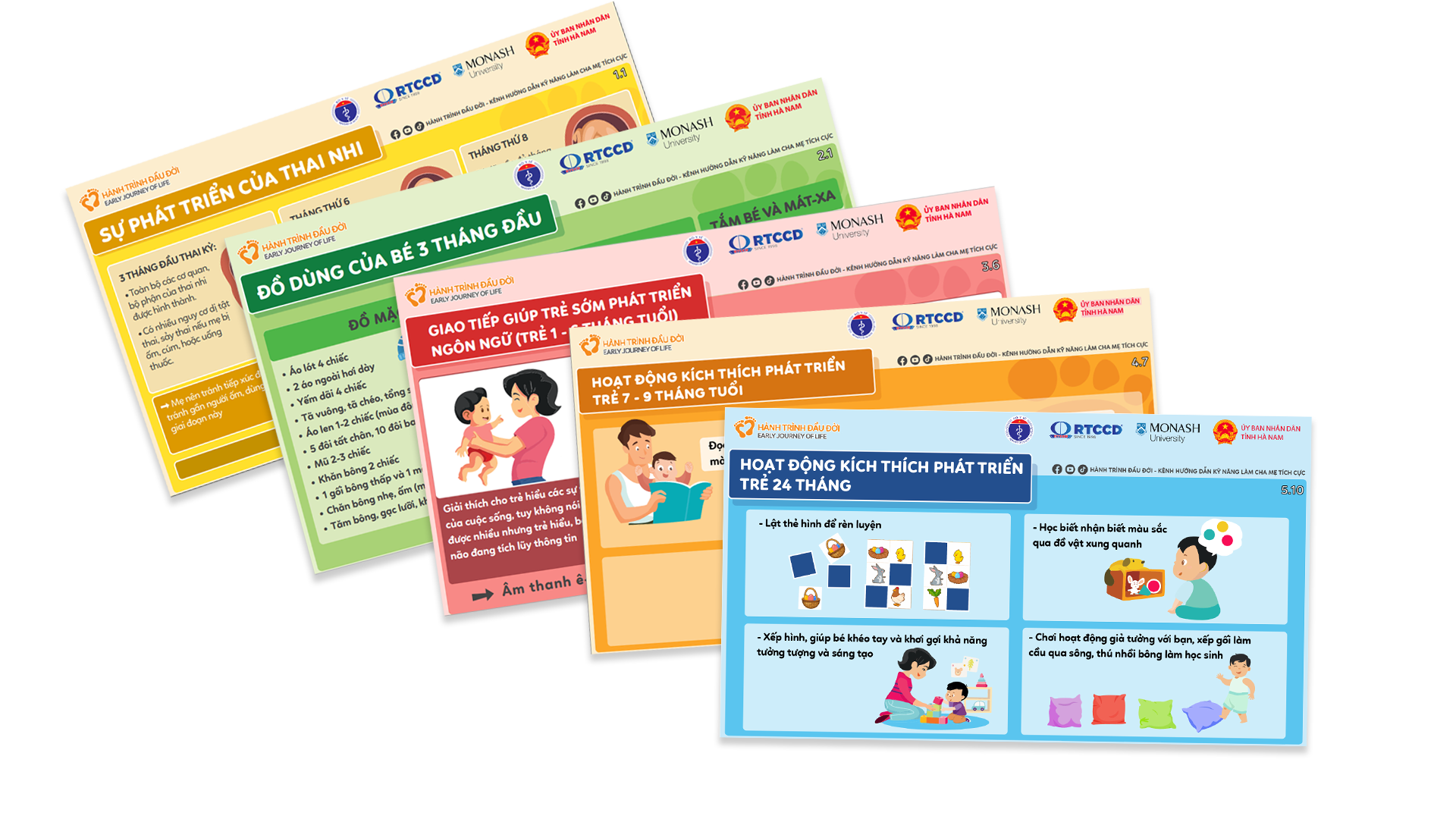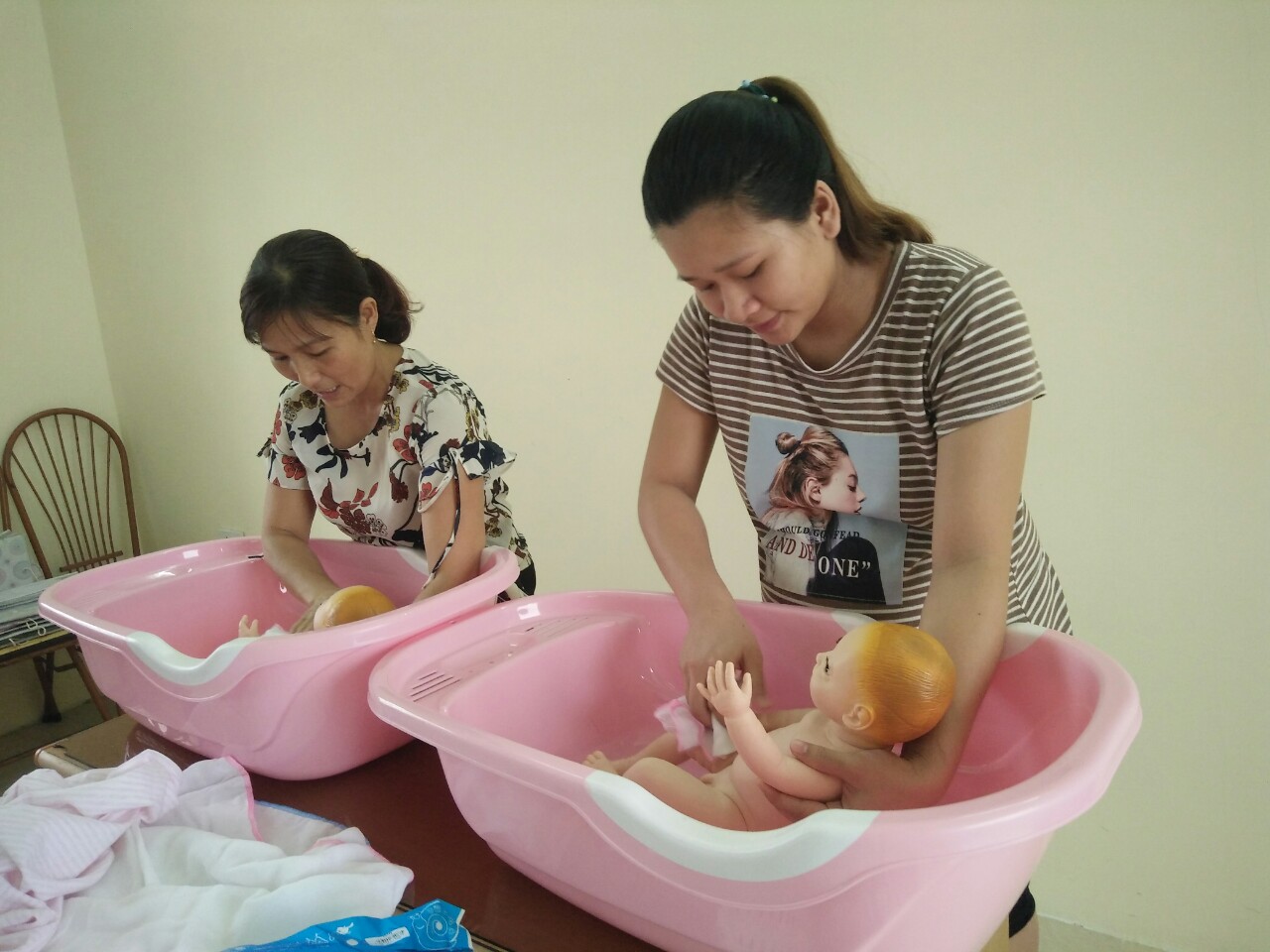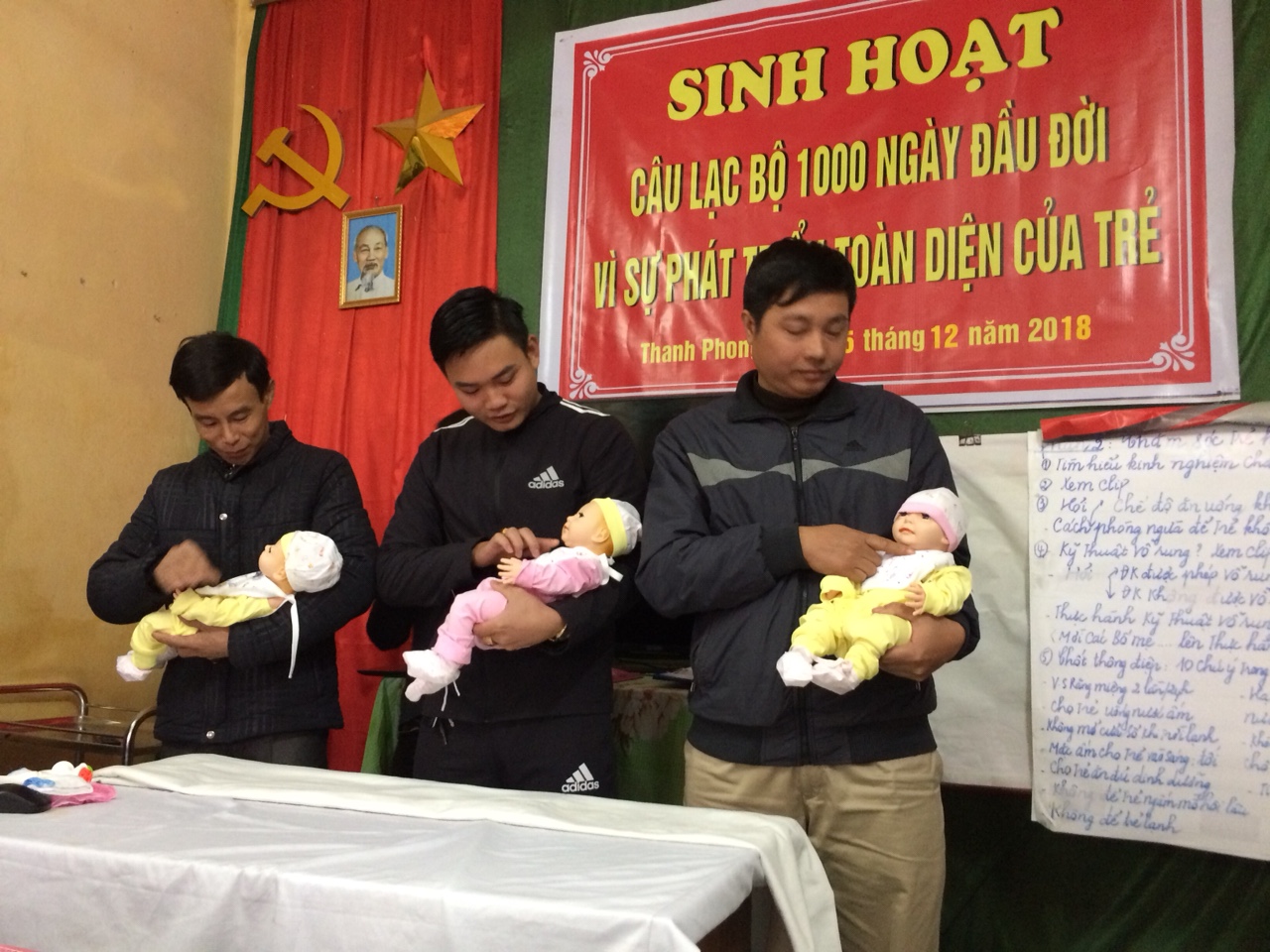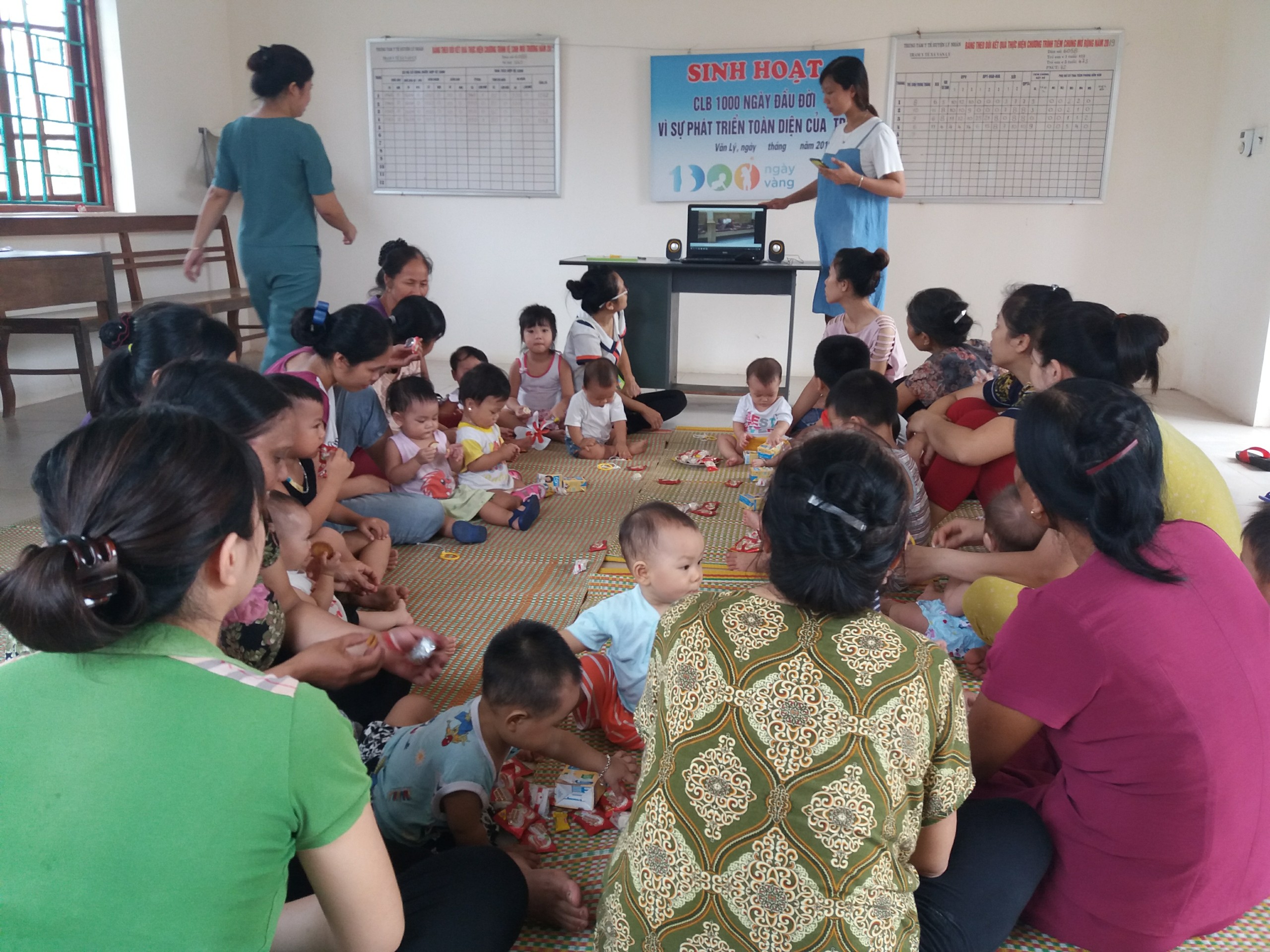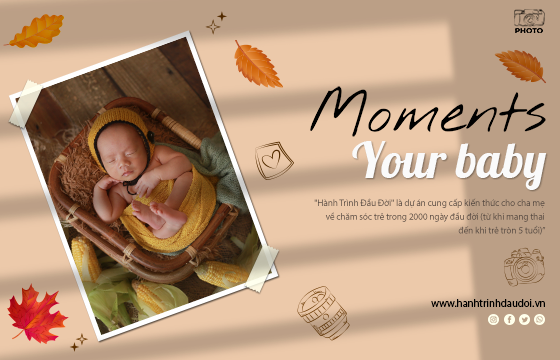EARLY JOURNEY OF LIFE - a parenting education program in Vietnam on early childhood development
The Early Journey of Life (EJOL) is a parenting education program that focuses on the first 2,000 days of a child's life. It was formerly known as Learning Clubs for Women’s Health and Infant Health and Development, which concentrated on the first 1,000 days—from pregnancy through the child’s second birthday. The program was developed through a collaboration between the Research and Training Centre for Community Development (RTCCD) in Hanoi, Vietnam, and Monash University in Melbourne, Australia. This innovative intervention addresses parental gender empowerment and maternal mental health, as well as child health and development. Beginning in 2025, EJOL expanded its scope to cover the full 2,000-day period, from pregnancy to five years of age.
Program Design for Parents
Original Model (2018-2021)
The EJOL intervention is a structured program combining perinatal stage-specific information, learning activities and social support. It comprises 20 sessions, in 19 accessible, facilitated groups for women at a community centre every two weeks from mid-pregnancy and every four weeks after childbirth until the end of the first postpartum year, and one home visit during the first postpartum week.
These twenty sessions, covering nine topics, are organised into five modules targeting perinatal essential knowledge and skills. In the first two modules, the program targets pregnant women and their husbands/ partners. From modules 3 to 5, the program targets the family unit as a whole including mothers, fathers and grandparents.
The program contributes to Vietnam's goals as a signatory to the Nurturing Care for Early Childhood Development Framework and Care for Child Development are the two frameworks that are provided by both the WHO and UNICEF.
Click to read more about in - person model
Hybrid Model (2022 - present)
The EJOL intervention provides caregivers with 12 in-person sessions and 4 e-courses, combining practice-based and group-based learning formats.
The 12 in-person sessions are integrated into routine immunization visits at commune health stations, mobile immunization points, and private immunization centers. Delivered during the 30-minute post-vaccination waiting period, these sessions utilize 25 instructional videos to engage caregivers effectively. Additionally, the same sessions are offered at the obstetrics and pediatrics departments of provincial hospitals, as well as maternity and children's hospitals.
The 4 e-courses include the original 20-session curriculum, supplemented with new video content focused on child development from ages 3 to 5. These courses are hosted on an e-learning platform and are optional, currently available in Vietnamese for caregivers living in lowland regions.
The EJOL innovation is available in two versions tailored to different communities:
9 MAIN TOPICS
10 E-LEARNING MODULES
Equipment for club delivery
Education materials:
Interactive toolkit:
Local Capacity Building
The in-person EJOL model includes a 3-day Training of Trainers (TOT) course designed for provincial-level trainers. Before attending the in-person TOT, provincial health workers are required to complete the e-course titled “Promoting Child Care and Development in the First 2,000 Days” (health worker version), which serves as a foundational module for health workers for the EJOL website.
Primary health workers—including staff from commune health stations in both lowland and ethnic minority regions, as well as village health workers in ethnic minority areas—must also complete the same e-course prior to participating in a 2-day in-person training to become certified parenting education facilitators.
Upon completion of the training, health workers receive an interactive toolkit to help promote caregiver-child engagement through play. The toolkit includes: 2 silicone dolls; 2 boxes of wooden toys/blocks; 8 illustrated storybooks; 2 boxes of puzzles; 3 sets of fine motor skill development kits; 3 sets of sound-making kits; A healthcare worker handbook; 25 instructional videos to support caregiver education (download toolkit example).
Outcome
The impact of EJOL was evaluated through a clustered randomized controlled trial conducted from 2018 to 2021. Results showed that children in the intervention arm had on average, statistically significantly higher Cognitive, Motor and Language Development scores than those in the control arm. The Social-Emotional Development score was higher in the intervention than the control arm, but the difference did not reach statistical significance.
Key findings were published in the Lancet Global Child and Adolescent Health. The cost-effectiveness analysis was published in the Lancet Global Health. The lessons learned have also been documented.
Parents' behaviour changes were presented by HOME score. The HOME Inventory scores were significantly higher for the intervention than the control arms. Responsive care, learning materials, parental involvement and variety of activities, each a focus of the Learning Club innovation have been influenced positively (Participant feedback).
The national Ministry of Health Viet Nam allowed RTCCD to introduce the EJOL model to provincial health managers of 35 provinces (out of former 64 provinces of Viet Nam) in October 2022.
On January 6, 2023, the Ministry of Health approved the National Guideline on Early Childhood Development Examination and Counselling for Children 0-5 years, designed for health workers. The EJOL team led the development of this guideline, and the EJOL education package is now officially recommended as a learning resource for parents across the country. On January 6, 2023, the Ministry of Health approved the National Guideline on Early Childhood Development Examination and Counselling for Children 0–5 Years,
In 2024, the Ministry of Health approved the National Guideline on Periodic Child Health Assessment for Children 0–24 Months, jointly developed by the National Children’s Hospital and RTCCD. The EJOL model served as a foundational framework for key components of the guideline, including early childhood development assessment, counselling, and parent self-learning resources.
Scope of Outreach
Vietnam currently comprises 34 provinces (July 2025), with a population of approximately 100 million people and 54 recognized ethnic groups. The Kinh (Vietnamese) majority accounts for 86% of the population, while the remaining 53 ethnic minority groups represent around 14 million people.
Between 2018 and 2028, the EJOL program has expanded its reach to 7 provinces, impacting more than 12 million individuals—equivalent to 12% of Vietnam’s total population.
EJOL team is working in close collaboration with the Administration of Maternal and Child Affairs under the Ministry of Health, and is actively engaging with the Administration of Disease Prevention and the Vietnam Office of the Expanded Program on Immunization. The goal is to institutionalize the EJOL model within the national health system, promoting quality early childhood development practices at scale. This effort is being advanced through policy integration, national indicator reporting, health worker training, and the promotion of positive caregiving practices nationwide.
The EJOL team is also collaborating with the Ministry of Ethnicity and Religion to identify a strategic pathway for introducing the adapted EJOL model to 16 ethnic minority groups across Vietnam. This effort focuses on ensuring cultural and linguistic relevance to better serve diverse communities.
Innovation Communication Channels
EJOL had social media channels - YouTube, Fanpage, and website - to support families and facilitators to address emerging concerns. New topics was made in videos by national experts and posted on YouTube and shared with the EJOL Zalo club group.
Nha Nam Publishing House has acquired the EJOL Families books for commercial release, with two volumes set to be distributed nationwide through bookstores and online retailers (Volume 1 and Volume 2).
Special Thanks to Our Financial Supporters
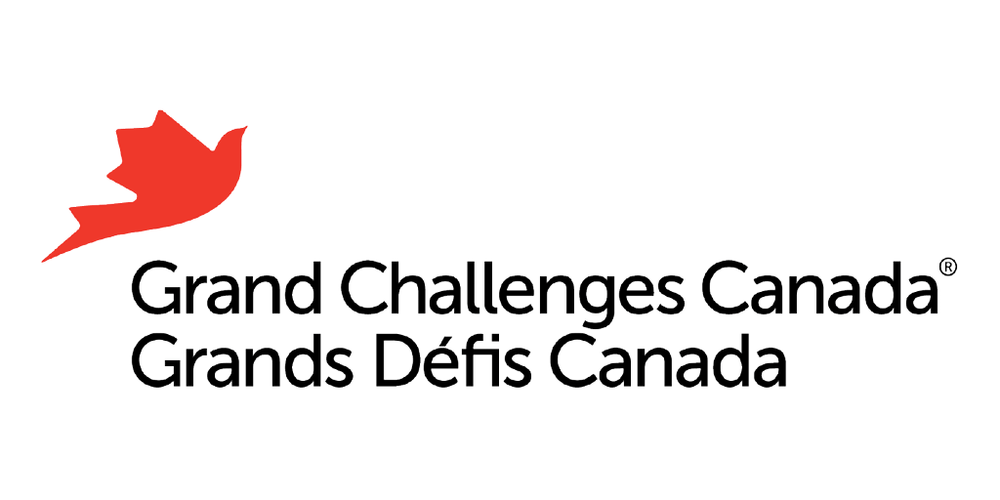 | 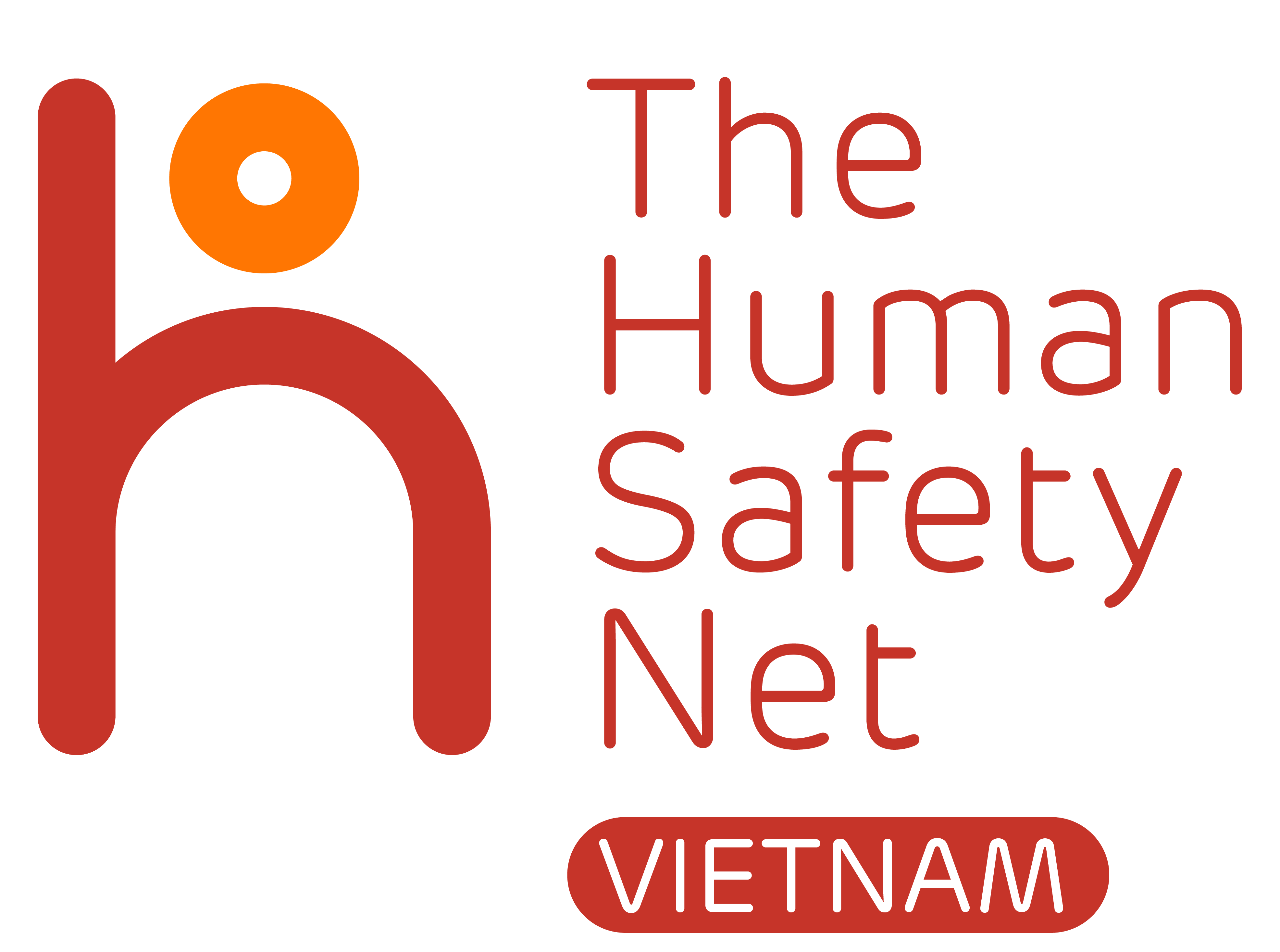 | 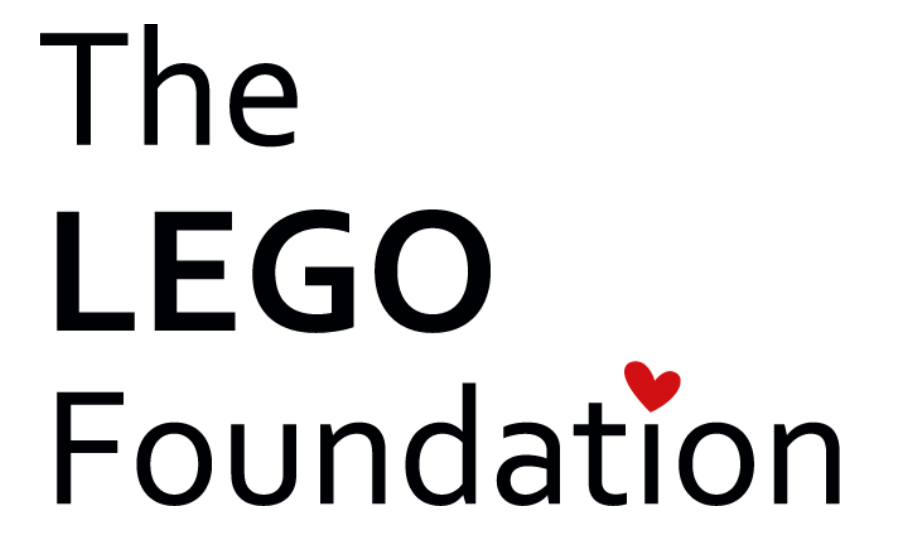 | 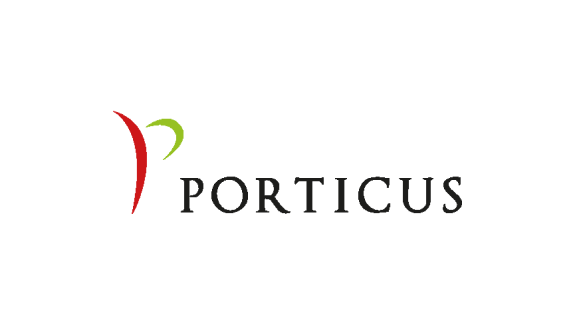 |
